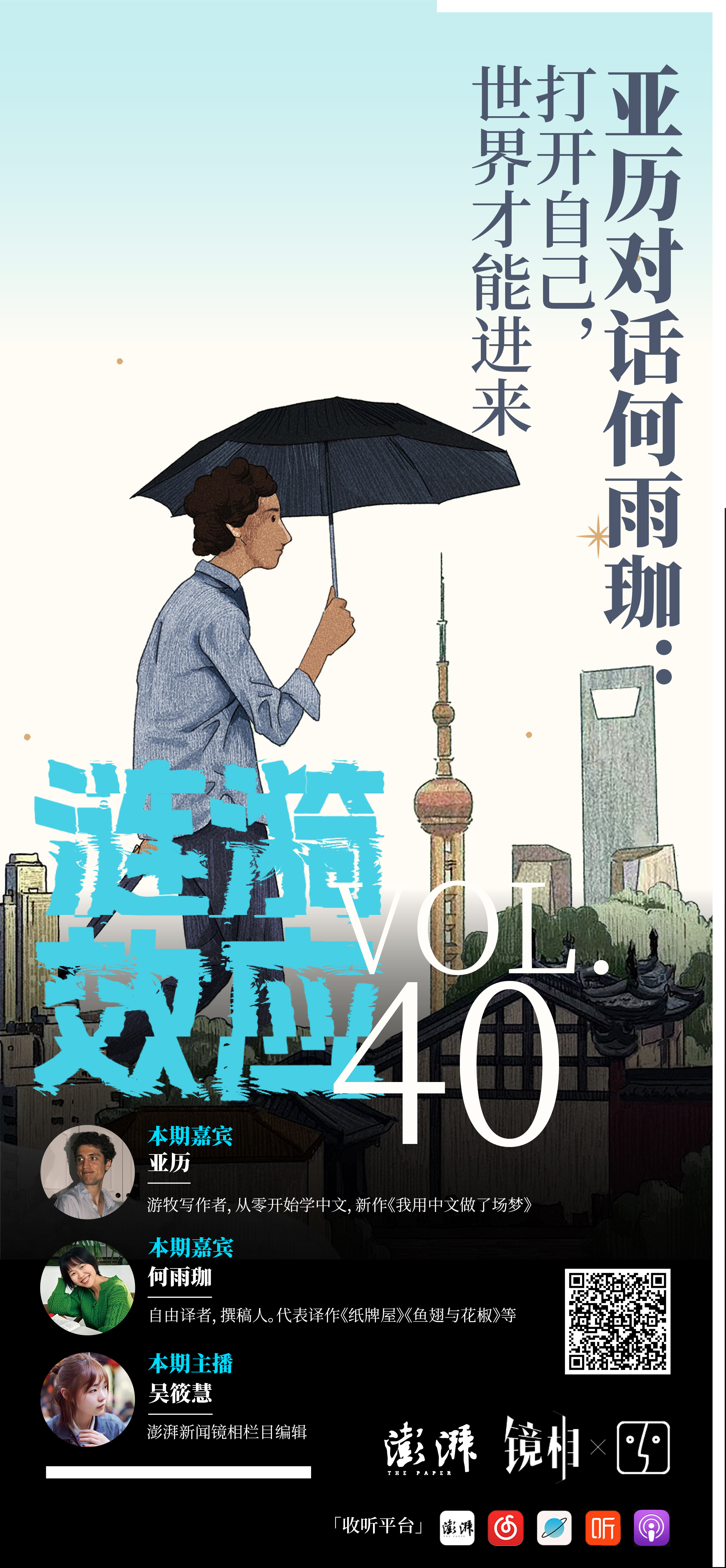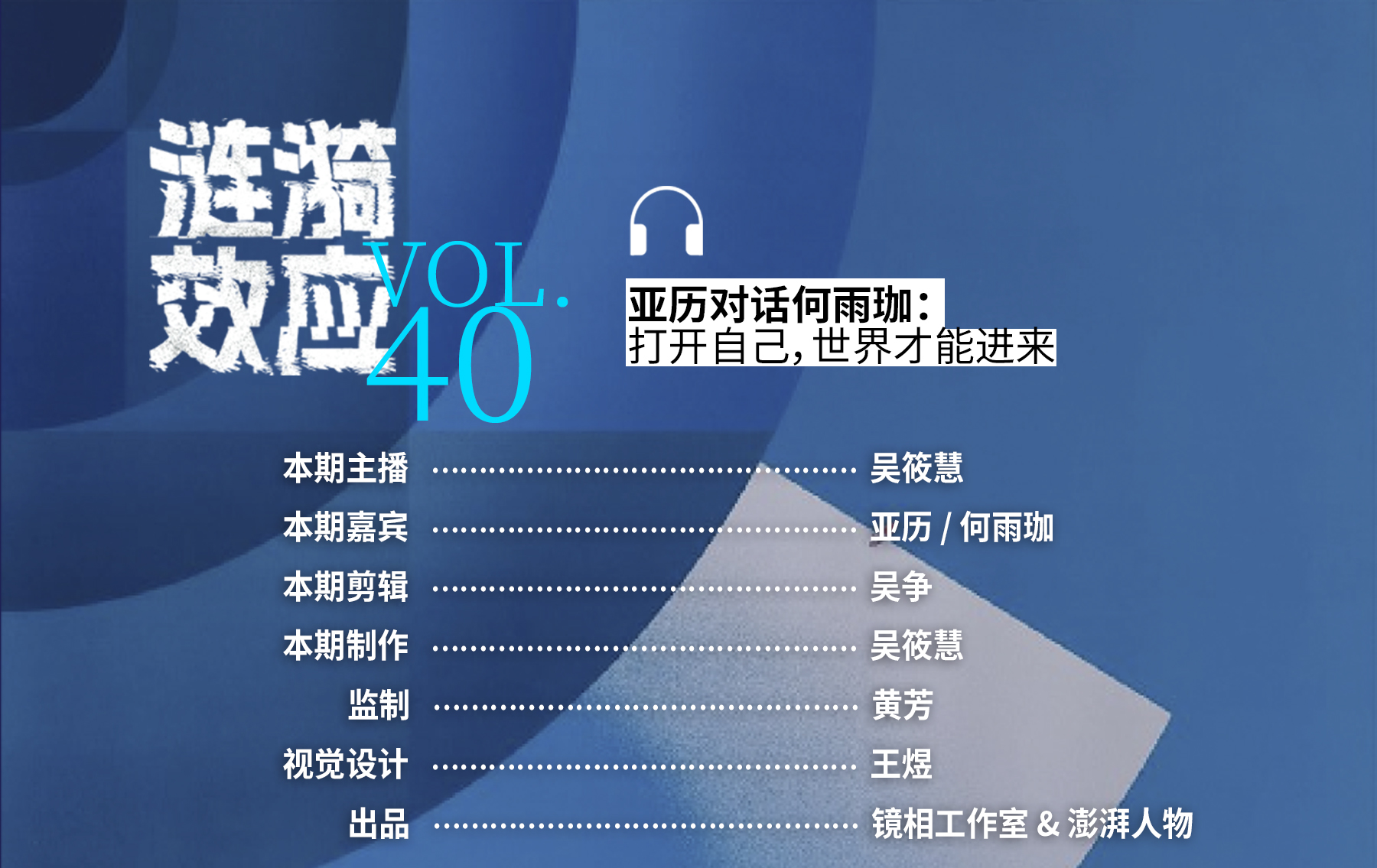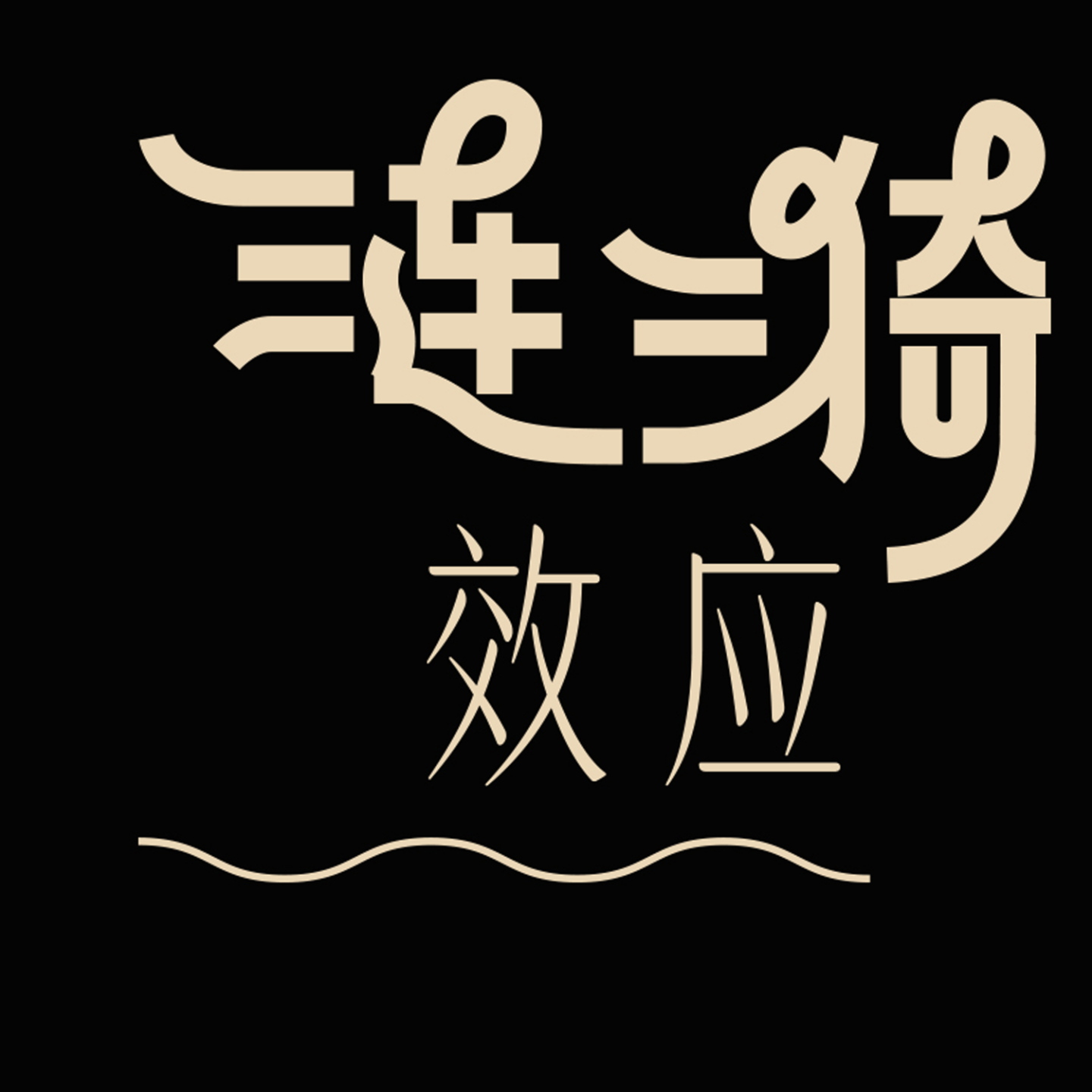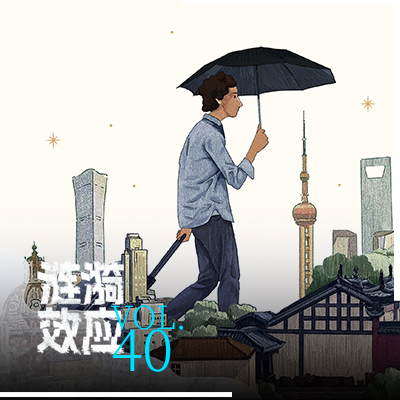
Deep Dive
Why did Alessandro choose to write his book in Chinese?
Alessandro chose to write his book in Chinese because the language became an integral part of his life during his six years in China. He used Chinese to think, write, and connect with people, which created a deep sense of belonging. The language allowed him to form meaningful connections and memories, making it more emotionally significant to him than his native Italian or English.
What does Alessandro mean by 'keeping fluid' in his life?
For Alessandro, 'keeping fluid' means embracing the constant changes and uncertainties in life. It involves switching between different roles and identities, such as being a student, actor, or journalist, and not being confined to a single environment. This fluidity allows him to explore various aspects of life and maintain a sense of freedom and openness to new experiences.
How does Alessandro describe the process of learning Chinese and its impact on his identity?
Alessandro describes learning Chinese as a transformative experience that shaped his identity during his formative years in China. He used Chinese to navigate daily life, write scripts, and connect with people, which helped him find direction during a period of personal growth. The language became a tool for self-discovery and a way to integrate into Chinese culture, making it a significant part of his life.
What role does humor play in Alessandro's writing in Chinese?
Humor plays a significant role in Alessandro's writing in Chinese, as it allows him to bring a fresh, outsider's perspective to everyday observations in China. His use of puns and wordplay, such as the 'Greenland Hotel' being used as a quarantine hotel, adds a layer of wit and charm to his work. This humor not only makes his writing engaging but also highlights his unique viewpoint as a foreigner navigating Chinese culture.
How does Alessandro view the concept of 'home' and belonging in his nomadic lifestyle?
Alessandro views 'home' and belonging as fluid concepts in his nomadic lifestyle. While he feels a strong connection to both China and Italy, he doesn't see the need to settle permanently in one place. Instead, he finds a sense of belonging through his writing in Chinese, which allows him to connect with readers globally. He envisions a life where he can move between different places, maintaining ties to each without being anchored to a single location.
- 亚历在中国的六年生活体验
- 何雨珈的翻译工作和生活感悟
- 两人对世界的理解和保持流动的方式
Shownotes Transcript
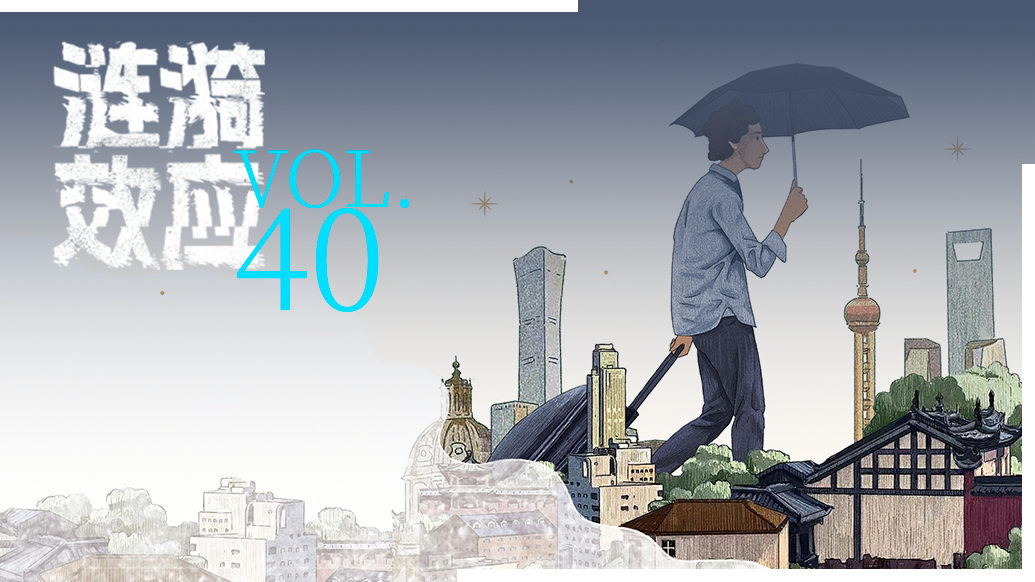 2014年,意大利青年亚历被派到南京报道第二届青奥会,他在奥运村散步,跟志愿者闲聊,那时的他有这样一种感觉:全世界的人都在以不同的方式寻找幸福。大家可以互相理解,分享经验,彼此成长。在这里,他看到了一个渴望和世界连接的社会,也看到了所有人会走到一起的未来。2016年,亚历再次来到中国留学,他学电影,当群演,拍广告,从零开始学习中文,并用中文记录自己在这片土地生活六年的经历。
2014年,意大利青年亚历被派到南京报道第二届青奥会,他在奥运村散步,跟志愿者闲聊,那时的他有这样一种感觉:全世界的人都在以不同的方式寻找幸福。大家可以互相理解,分享经验,彼此成长。在这里,他看到了一个渴望和世界连接的社会,也看到了所有人会走到一起的未来。2016年,亚历再次来到中国留学,他学电影,当群演,拍广告,从零开始学习中文,并用中文记录自己在这片土地生活六年的经历。
六年间,亚历在豆瓣上写日记,在大城小镇与不同阶层的人对话,在每一次微小的相遇中见证中国的广阔:在北京,和宿管阿姨学习怎么切菜;在广州拍广告,开工前喝早茶,杀青时喝断片;在上海,把客厅当成写作沙龙,创造一个临时的家;在四川农村,把白酒当成暖气,跨越寒冬和方言的隔阂。
亚历用冷静又不乏幽默的文字,记录自己在中国的观察和日常,书写近年的个体遭遇和时代变化,也写下无论全世界青年人共同面对的时代情绪和现实困境:在失序且孤独的时代,勇于拥抱生活的不确定,保持流动,渴望自由,跨过隔阂,与人连接。
而今,他的第一本用中文写作的图书《我用中文做了场梦》出版了。我们可以在这本书里,看到亚历眼中过去六年的中国,我相信,这也是我们共同的六年记忆。
本期我们邀请了亚历以及亚历的朋友、我们都非常喜欢的译者何雨珈,一起聊聊他们的生活哲学、他们对世界的理解以及他们保持流动的方式。
本期参与
I嘉宾I
亚历(Alessandro Ceschi),游牧写作者,从零开始学中文,新作《我用中文做了场梦》。
何雨珈,自由译者,撰稿人。代表译作《君幸食》《鱼翅与花椒》等。
I主播I文案I制作I
吴筱慧,澎湃新闻镜相栏目编辑,《涟漪效应》主播
I本期剪辑I
吴争
收听指南
7:20 第一次看到世界是什么样的感觉?
11:42 2008年奥运会:世界在向你迎面扑来
17:15 描绘心中世界的样子
22:18 个性的世界永远是好的
24:10 这本书为什么叫《我用中文做了场梦》?
28:01 亚历:中文的特别之处是我通过这门语言创造的连接
32:00 何雨珈:翻译《鱼翅与花椒》时,脑子里全都是四川话
36:50 在其他语言中找到在母语里不敢去说的事情
46:20 所有的语言都需要外来者对它进行活化
50:55 有时候把生活当作一场游戏也是一种放松
51:38 什么是在一个地方留着就好好留着?
57:54 归属感这件事没有人能说了算
1:05:48 每个东亚的孩子都会特别羡慕曾经 gap 过的人
1:17:45 最理想的状态是流动——有的选永远是好的
1:20:20 何雨珈:我建立的附近也是我努力吹出来的泡泡
1:27:40 亚历:继续流动,我就不会被困在任何一个环境中
1:40:20 分享消除隔阂,与人连接的方式
本期配乐
Earth, Wind & Fire - September
群星 - 北京欢迎你
福利时间
欢迎听众朋友们在本期评论区下方留言,一起聊聊你们“消除隔阂,与人连接”的方式,我们将选出三位听众,送出节目中提到的这本《我用中文做了场梦》,期待大家的参加。
